Industry round table reveals key 5G challenges and opportunities
A round table from the leading publisher, Future, provides insider insight from the likes of Samsung, Three and Onecom.
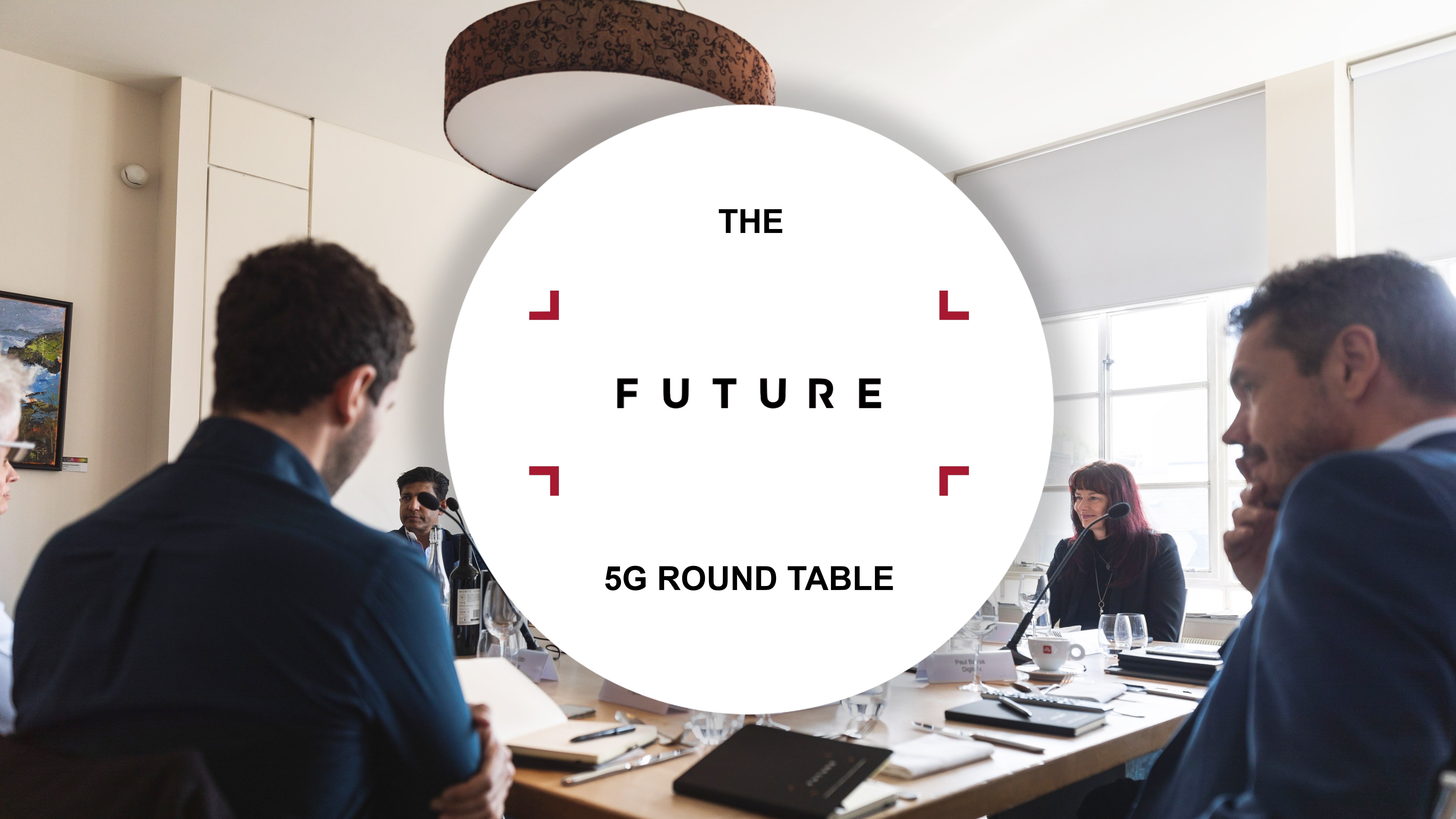
Get up to speed with 5G, and discover the latest deals, news, and insight!
You are now subscribed
Your newsletter sign-up was successful
In a recent industry round table, Future - the leading consumer and B2B publisher - invited a panel of experts from across the mobile and communications industry to provide their take on the challenges and opportunities for 5G technology over the next 12 months.
The 5G revolution is set to change the way we live, work, shop and socialise, shaking up society more than 4G ever did. And in this round table, leading experts give their opinion on what’s in store over the next few years.
Topics covered in the discussion included AR cloud glasses, the effects of Brexit on the UK’s ability to compete globally, short and long term challenges, the lack of relatable 5G use cases, and how 5G will fit into the ever-changing digital landscape.
Joining Future executives to talk about the future of 5G were:
- Sarah Van Michael, Head of Marketing, Onecom
- James Kitto, Sales Director, UK & Ireland, Samsung
- Arun Dehiri, Managing Director, Red Dawn Consulting
- Henri Salameh, Commercial Director, Santok
- David Ripert, CEO, Poplar
- Kate Beaumont, Director Innovation, Technology & Services Strategy, Samsung
- Paul Bassa, EVP Mobile Cloud, Digitalk
- Nick Green, Marketing Director,Three UK
Below, we’ve collected some of the key insights from our panel discussion, which provides a fascinating snapshot of the current state of 5G, and highlights some of the major challenges and opportunities that 5G will face over the next 12-24 months.
David Ripert, CEO, Poplar
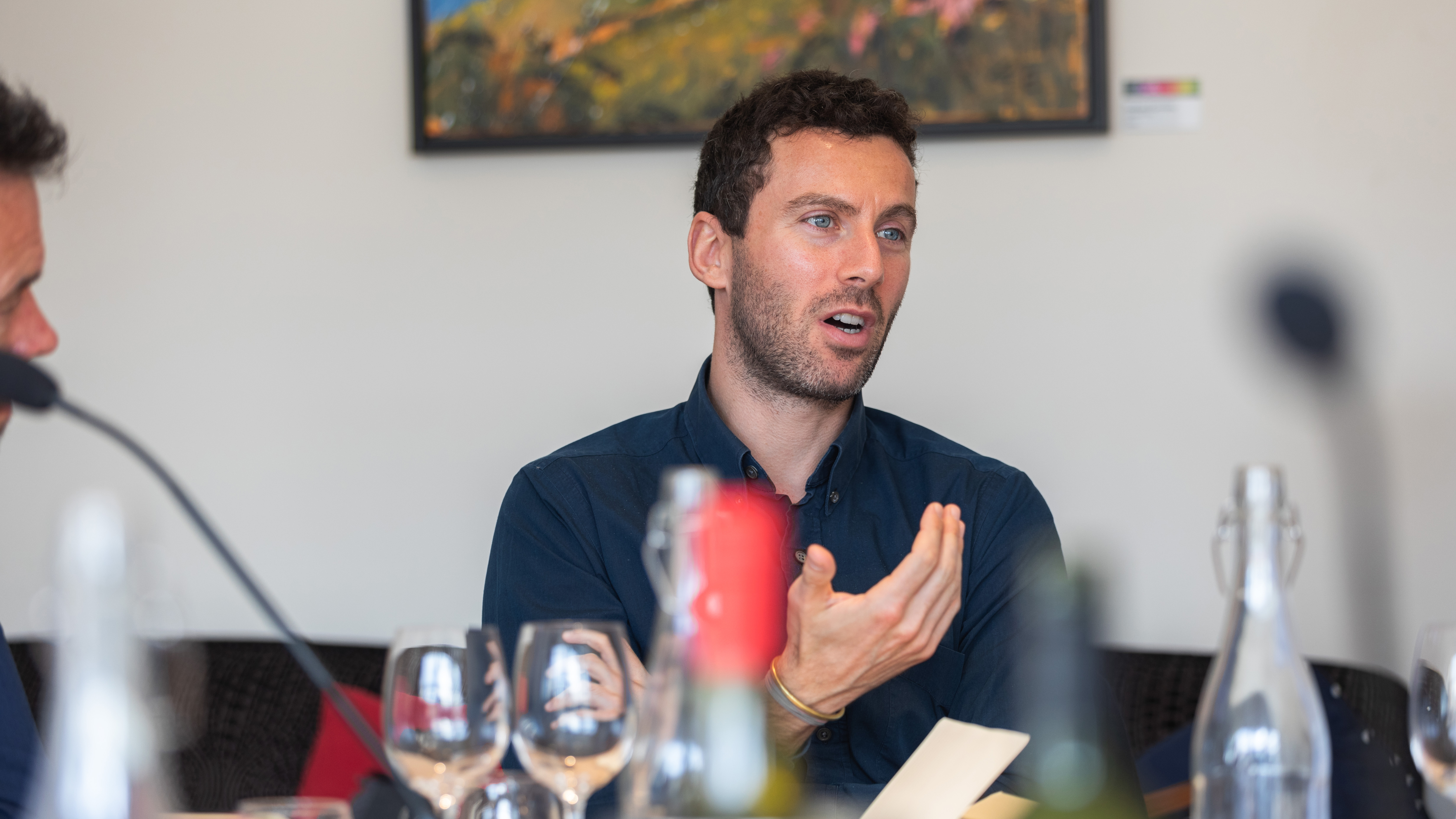
David Ripert, CEO, Poplar, believes AR cloud glasses could be the technology that - combined with 5G - has the most transformative effect on businesses:
“For me, AR is going to be transformative. In computing, in general, we have gone from PCs, to the Internet, to mobile, and we’re now at a point where there’s the potential for AR glasses to be the next game changer. These glasses will require 5g for connectivity to the AR cloud, because they are a small, light device, that will be always on; this will transform all sectors. AR in enterprise is a really big market, with devices such as the Microsoft HoloLens being used for the training of workers and manufacturing assistance. Add AI into the mix, and you have a recipe for digital transformation."
Get up to speed with 5G, and discover the latest deals, news, and insight!
James Kitto, Sales Director, UK & Ireland, Samsung
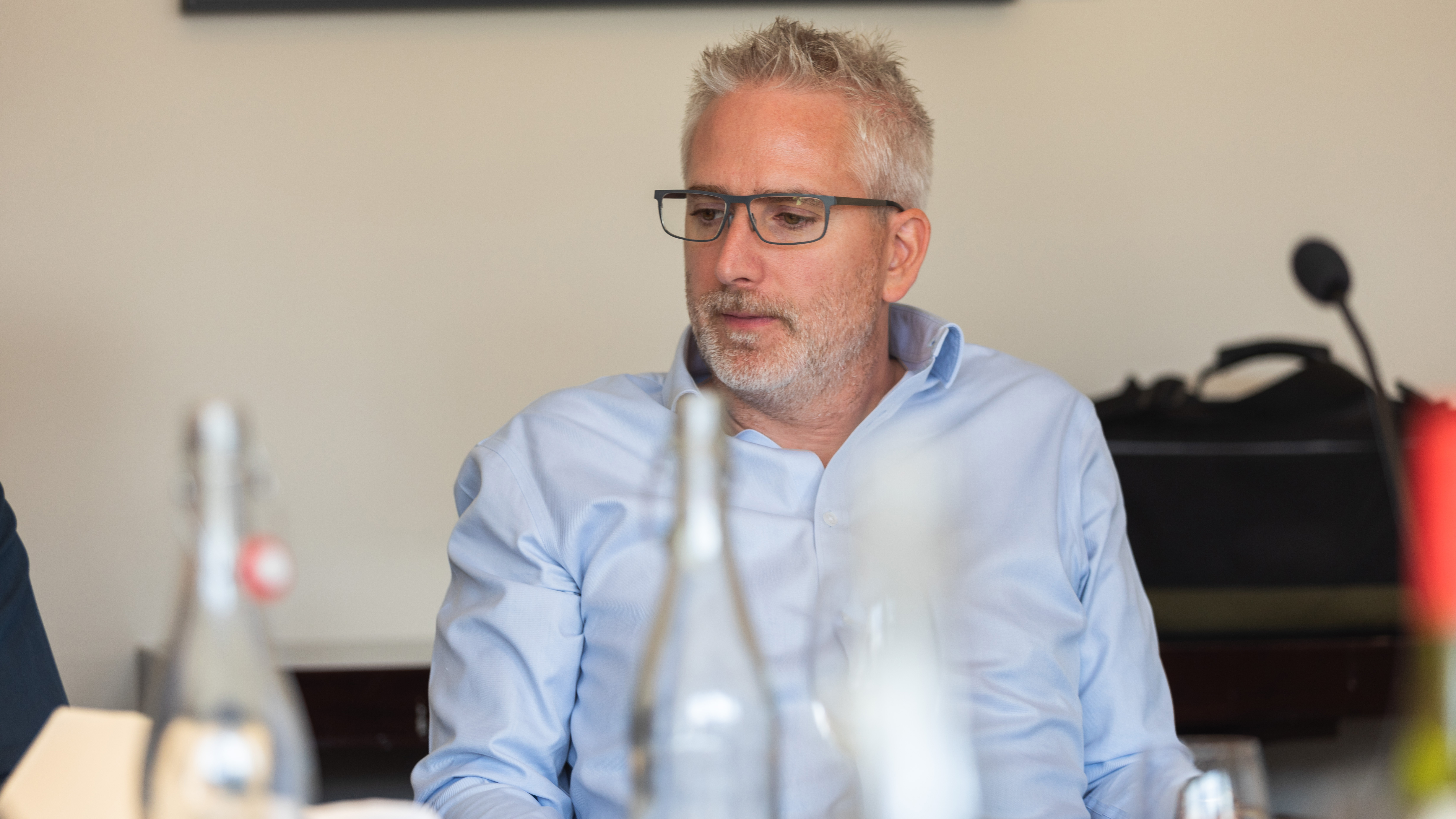
James Kitto, Sales Director, UK & Ireland, Samsung, sees a similarity between the disenfranchisement that led to Brexit, and the current state of mobile connectivity, especially 5G, where large groups of people feel under-connected.
“Sorry to mention the Brexit referendum, but the last few years have shown that there’s a feeling that outside of London people are under-represented. And if you apply that to 5G, I think there’s an important role for 5G to connect the unconnected. And I’m not sure if we are on the right road to achieve that mission, because mobile network operators will go where they can best monetize it. Building 3G, 4G and 5G networks might not really be what the UK needs, to address some of the key pressures this country faces, but if we do leave the EU, we need our own industry to drag us out of the mess we’ll be left in. 5G could help with this, for example, if we build the masts the length and breadth of the country. I don’t know whether it is too late, or if we can influence leaders to do this, but by doing it we can unlock creativity in parts of the country where connectivity is lacking, and put them on a level playing field.”
Arun Dehiri, MD, Red Dawn Consulting
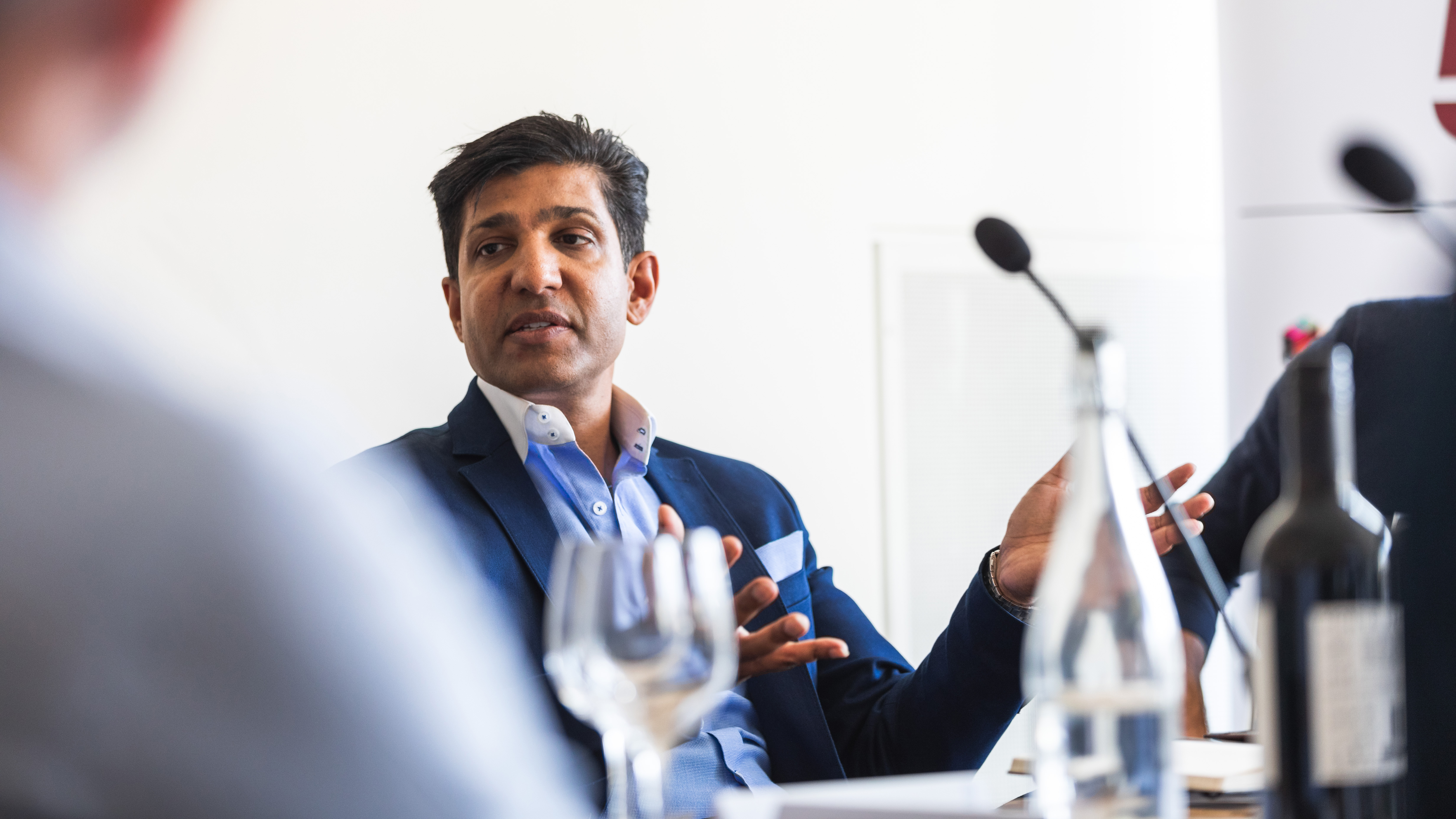
Arun Dehiri, Managing Director, Red Dawn Consulting, points to the value of 5G being something we may not even be aware of yet, and believes that it will be a combination of technologies that unlocks the true potential of what can be achieved with 5G.
“Ofcom, some time ago, asked businesses to think about not just one future for 5G, but a number of different futures. The plan was for the government and Ofcom to then figure out how to control and regulate these different futures. People often think that we know what the future holds, but with 5G there are going to be emerging macro and uber trends. But I think the big trends worth looking at will be cloud-based data storage for new devices, a multi-device landscape (as we move away from our phones), and a transformation in customer behaviour, with even more reliance on companies like Google."
Sarah Van Michael, Head of Marketing, Onecom
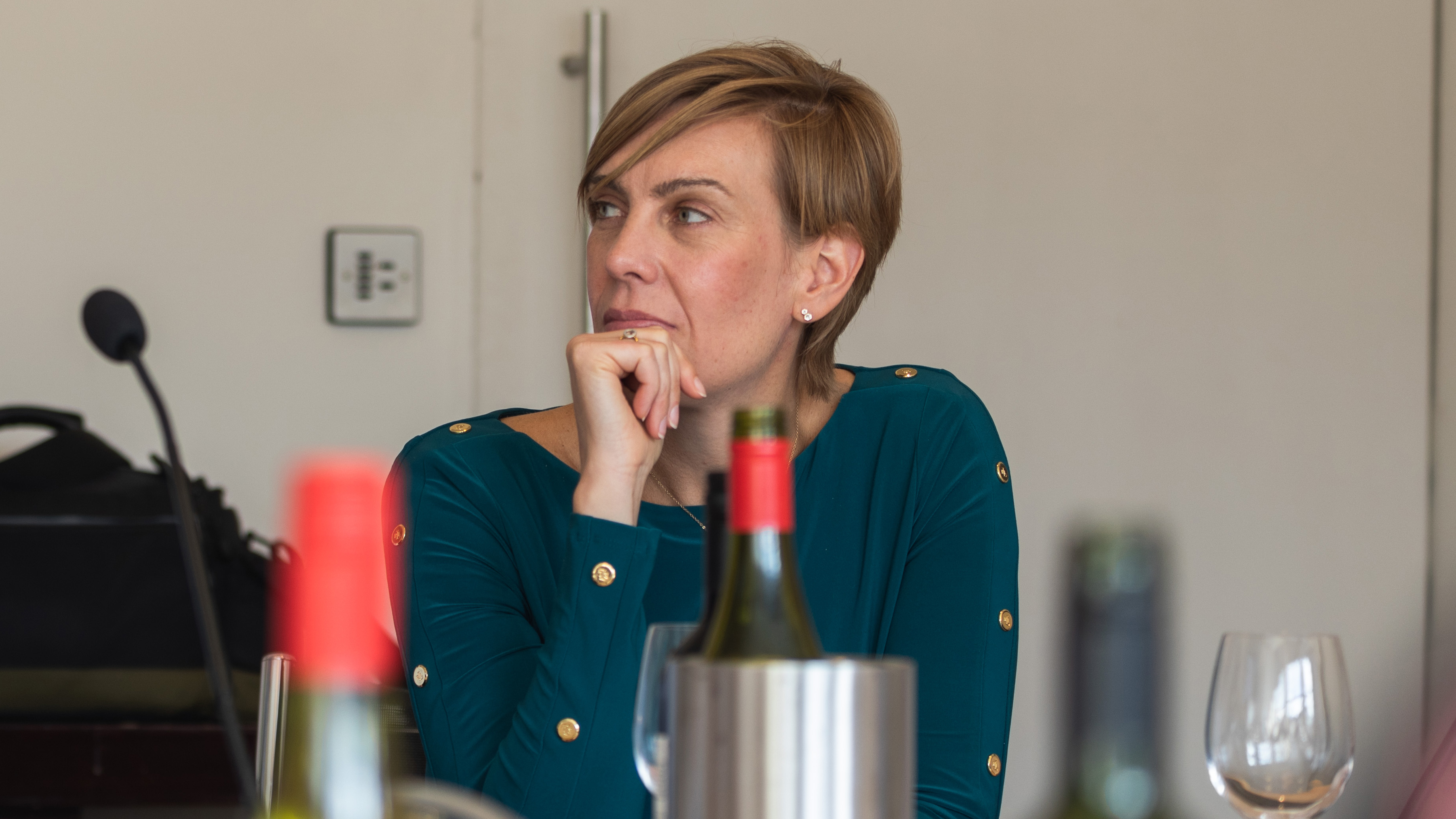
Sarah Van Michael, Head of Marketing, Onecom, is keen for the industry to start using real-world use cases to show consumers how their experiences will change.
“Business and innovators have to make this march easier. The biggest revelation of the smartphone was not the smartphone itself, but the fact that you could use ecommerce on your phone, for example. But it took people far too long to adopt a new format. I used to work for O2, and it took ages to convince the board that they needed a mobile-optimized website. It takes too long to adopt new formats, and there is no good reason for it, apart from lack of information at the top. And I think 5G, and the industry as a whole, is surrounded by unrelatable use cases, like autonomous cars and remote surgery. What is it we can do to transform someone’s experiences? One thing you can do to bring 5G technology to life for people is to provide them with relatable use cases.”
Kate Beaumont, Director, Samsung
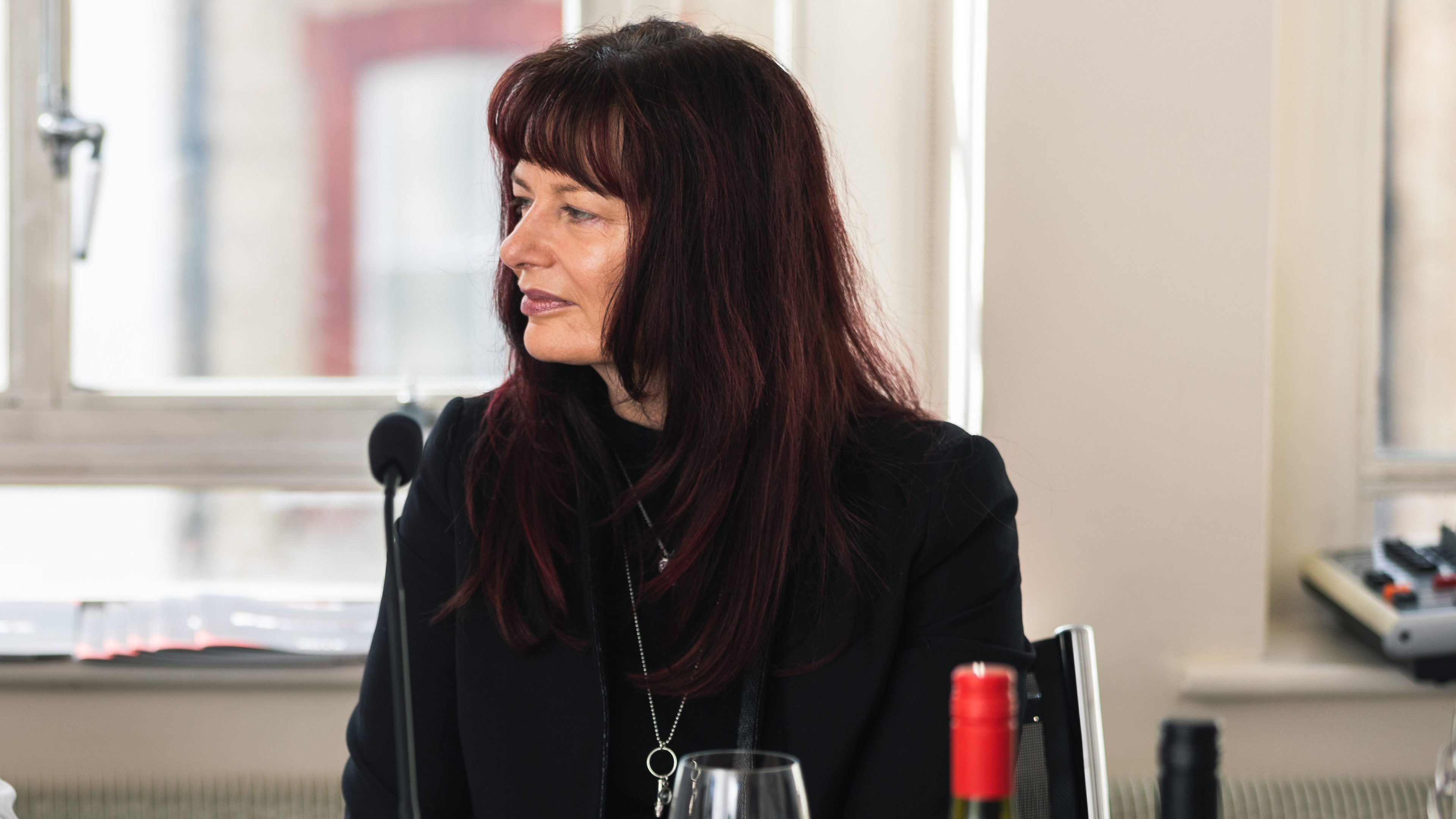
Kate Beaumont, Director Innovation, Technology & Services Strategy, Samsung, agrees that the importance of flagging up short term benefits, rather than Utopian visions for the future, is key.
“People need to be presented with short term benefits that they can get their heads around, but that will that excite them enough to switch handsets now? But at the moment there are too many barriers. Not all the networks are on. And what if you haven't got any 5G coverage where you are? It’s currently token gesture coverage, which won’t provide a seamless experience. Right now, the main reason to buy into 5G is to future proof. It’s about the investment in two years; are you comfortable not having an uber experience right now, and are you comfortable having much less residual value when you upgrade? Everyone knows it smart cities and connected living is where we’re heading over the next 10-20 years, but right now we haven’t got good city coverage for 5G, let alone good rural coverage."
Henri Salameh, Commercial Director, Santok
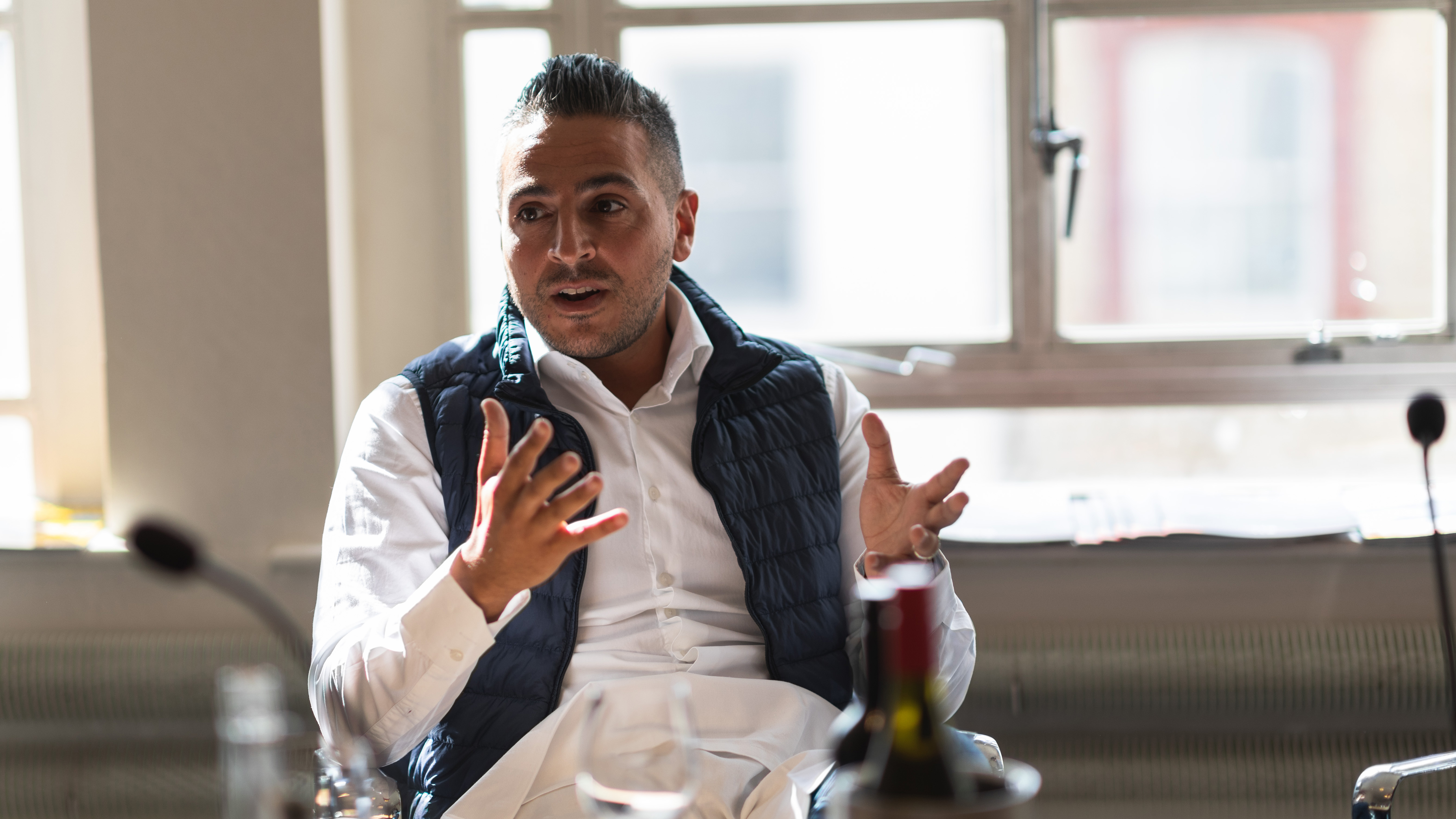
Henri Salameh, Commercial Director, Santok, believe that technology still in the ‘hype cycle’ can result in a confusing experience for the consumer, and that 5G hype could lead to negative experiences.
“Most people that purchase a 4K TV don’t realise that the content they are watching isn’t actually 4K. A customer wants to download an application, and wants it to be there instantly. Speed is essential. But it has to deliver. Just going out and advertising’ we are a 5G network’, and supplying a phone that doesn’t support 5G from a consumer perspective (with poor coverage etc.), is just going to end up confusing people. Alongside speed, convenience is going to be key. Consumers want it now, and they will pay for a faster experience. For example, most business listed on UberEats charge 30% more on the application than they do in the restaurant - people pay more for convenience and speed.”
Nick Green, Marketing Director, Three UK
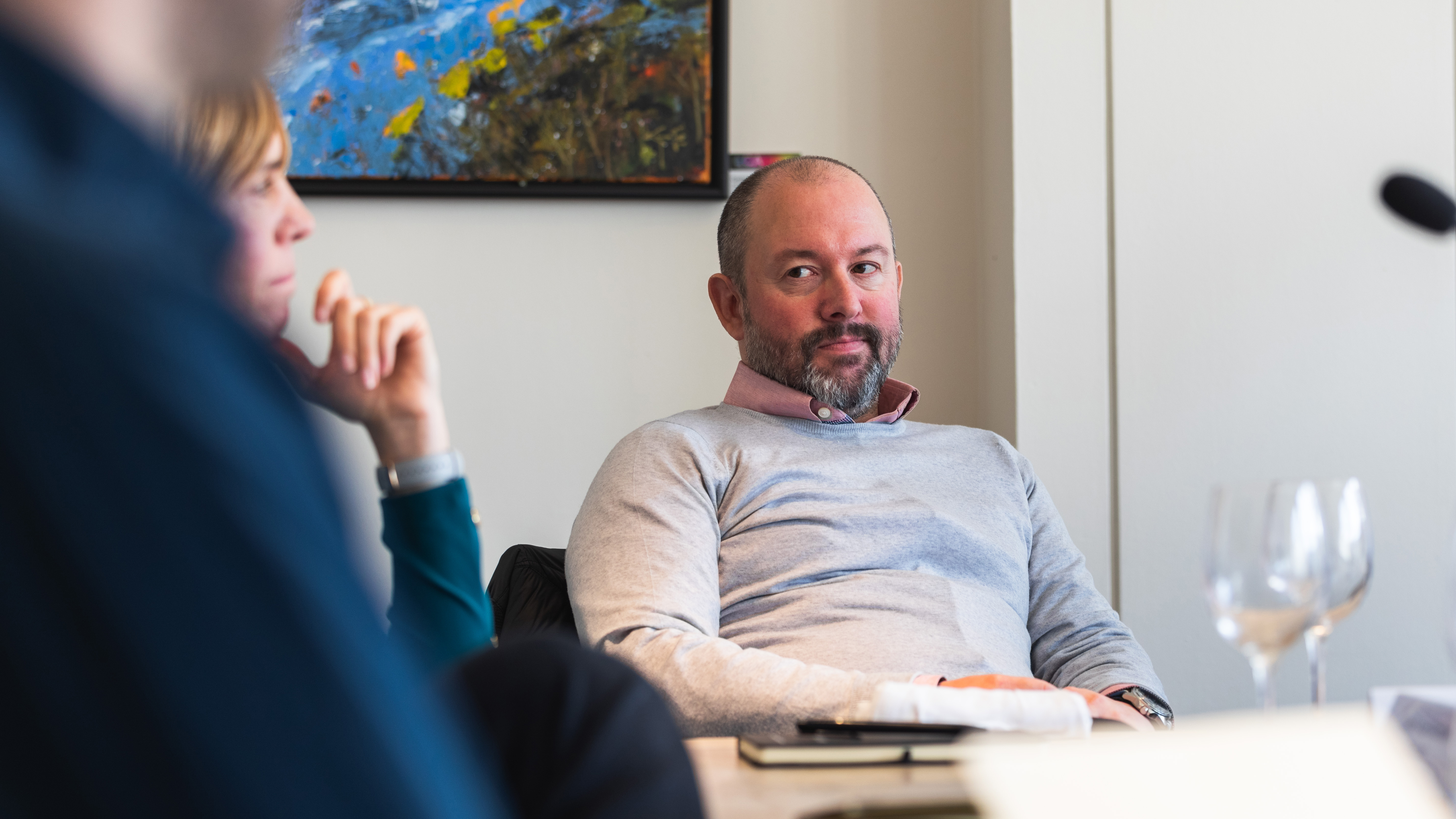
According to Nick Green, Marketing Director, Three UK, differentiation will be a key challenge, as customers move from a number of connection contracts to a single provider.
“Mobile services have become the same as a tap in your house. When you turn a tap on, you don't expect the tap to stop if you use too much water; mobile service needs to be the same. Customers don’t necessarily need it, but from a network provisioning point of view, we have to expect it. So what we have to do is to make the water taste better than everyone else’s. We have to work with the right people, then give app store access via our network. It’s got to be better than everyone else's. As everything from glasses, to TVs, to laptops, connect to the network, you’ll forget you’re on a mobile network; instead what you’ll have is a connectivity contract. The idea of having a SIM in an iPad, phone and watch will be gone, as everything will be connected. Chipset prices will come down, and network will be everywhere - you’ll just choose who you want to have a connection with.”
Paul Bassa, EVP Mobile Cloud, Digitalk
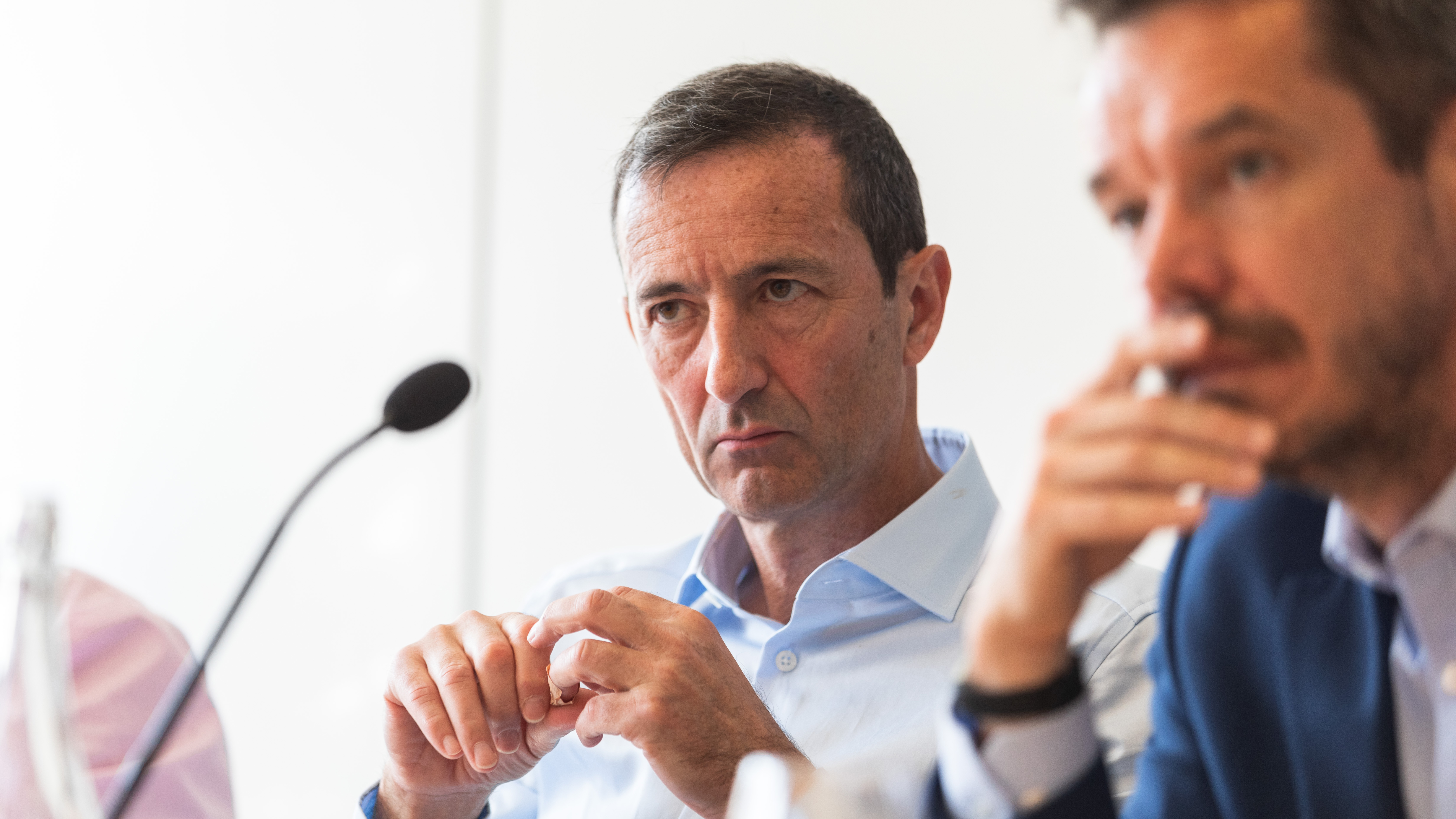
This shift in thinking is echoed by Paul Bassa, EVP Mobile Cloud, Digitalk, who believes that the ability to employ network slicing will lead to a raft of new products, which will add value to specific networks, akin to what happened when Apple launched the App Store for mobile developers.
“The underlying principle of the 5G concept is to enable more programmable networks. Similar to the App Store concept, this won’t focus on faster access, or low latency, but on the services that can sit in the middle. The more services created by a specific network operator, the more popular it’s going to be. Operators and service providers can then have access to that network’s development stack, offering new services to customers. I think the app concept is a better one for the operators to follow, rather than just concentrating on speed and latency.”
To keep up-to-date with the latest views from the world's leading experts on 5G, don't forget to check out our Insight section.
Dan is a British journalist with 20 years of experience in the design and tech sectors, producing content for the likes of Microsoft, Adobe, Dell and The Sunday Times. In 2012 he helped launch the world's number one design blog, Creative Bloq. Dan is now editor-in-chief at 5Gradar, where he oversees news, insight and reviews, providing an invaluable resource for anyone looking to stay up-to-date with the key issues facing 5G.

